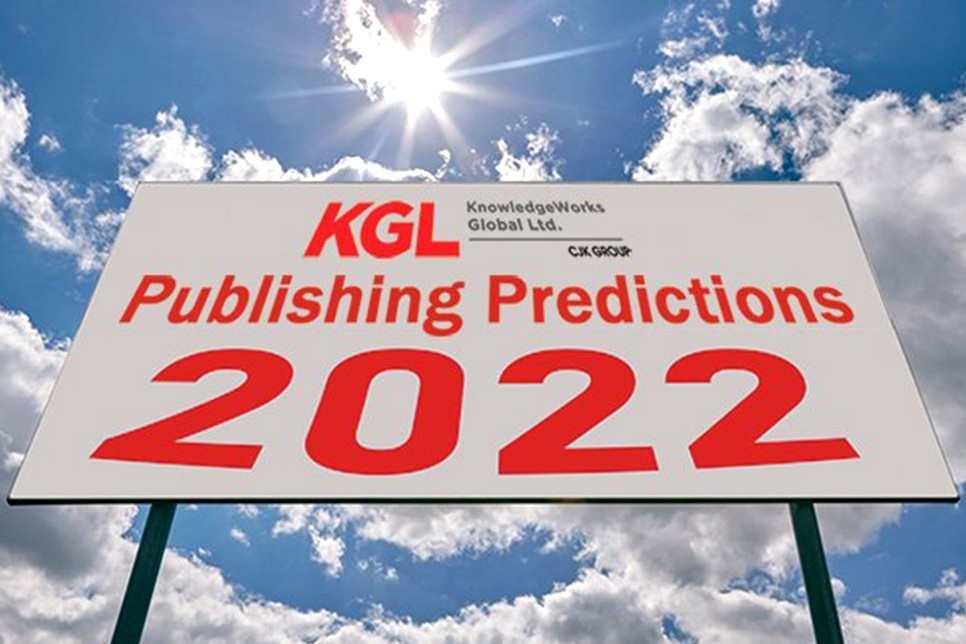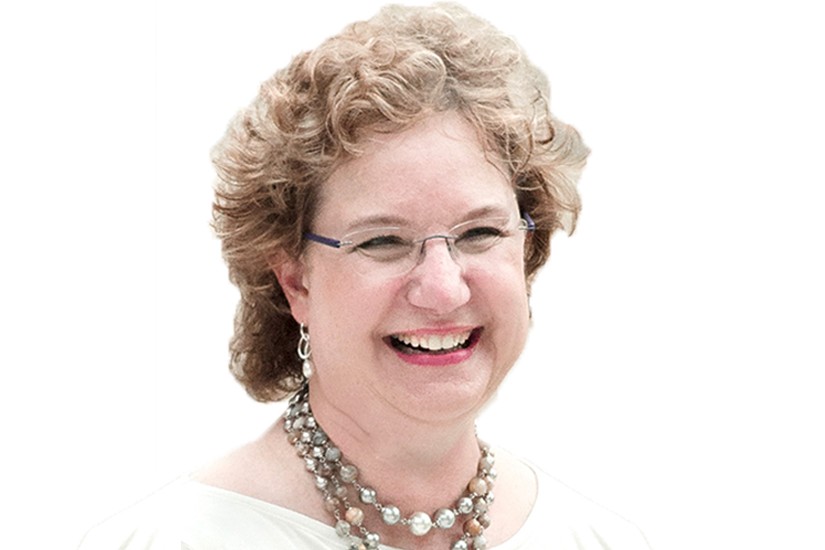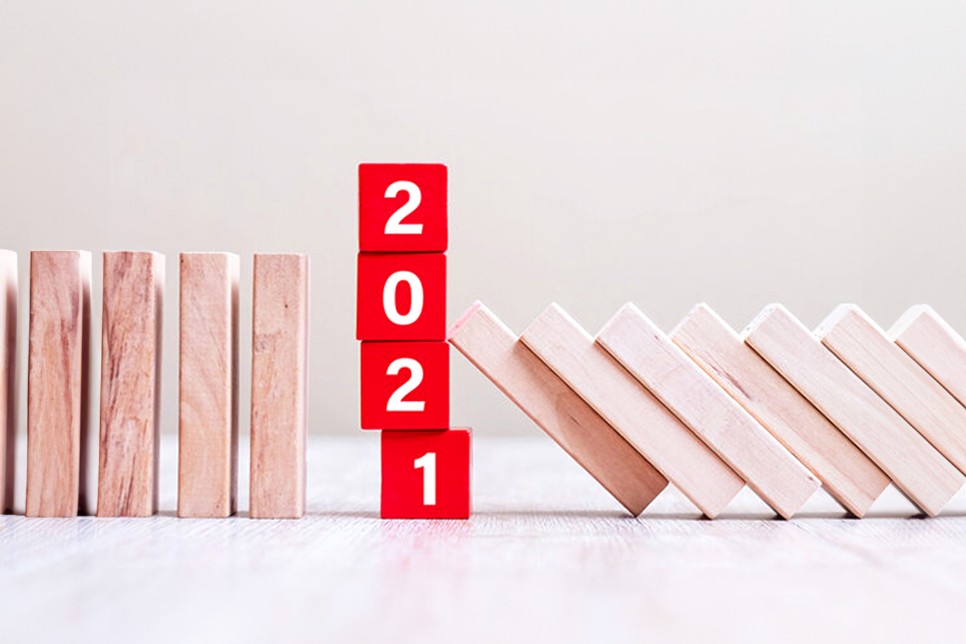
For Peer Review Week, KGL recently interviewed five scholarly journal editors and publishing professionals on the state of peer review in 2023.

A central pillar of academic publishing, peer review has always been a hotly debated, highly politicized, and controversial subject in the industry, and with good reason.

“If it doesn’t come bursting out of you in spite of everything, don’t do it,” wrote Charles Bukowski in his poem “So you want to be a writer?” Being an author isn’t easy.

Throughout the twentieth century, academic institutions had a mandate to provide full access to the peer-reviewed scholarly literature and budgets that were more or less up to the task.

In what has become an annual tradition here at KGL, we take stock at the start of the year, consult our publishing experts, and go out on a limb to try and foretell what the future holds for our industry.

Recently, KnowledgeWorks Global Ltd. (KGL) was very excited to announce the acquisition of Kaufman Wills Fusting & Company (KWF). The addition of sister companies, KWF Consulting and KWF Editorial adds new and expanded capabilities to the KGL portfolio and nearly 100 editorial and publishing business experts to our staff of industry professionals—not the least of whom, of course, is KWF co-founder, Cara (Kaufman) Rivera.

As the theme of this year’s Peer Review Week 2021 is “Identity in Peer Review”, we reached out to our client community and asked editors what they and others are doing to support this initiative.

At around the same time last year, publishing industry experts and analysts looked ahead with optimism, hope and excitement as they speculated on what wonders 2020 might bring.

Research increasingly shows how gender affects the peer-review process, and how it doesn’t. For example, some studies indicate that editor gender appears to have some influence over gender diversity among peer reviewers, but gender of authors, editors and reviewers may not necessarily influence which papers are accepted or rejected.










